1. common findings
1.1. Blood in urine
1.2. loss of appetite
1.3. Low back pain
1.4. lump on lower back/side
1.5. fatigue
1.6. Weight loss
1.7. Fever not caused by infection
1.8. Anemia
2. Risk factors
2.1. smoking
2.2. obesity
2.3. exposure (workplace)
2.4. Family history
2.5. High blood pressure
2.6. medications
2.6.1. phenacetin
2.6.2. Diuretics
2.7. Advanced kidney disease
2.8. Gender
2.8.1. 2x more common in men
2.9. race
2.9.1. african american
2.9.2. American indians/Alaska natives
2.10. Obesity
3. Causative factors
3.1. Gene mutation
3.1.1. Oncogenes
3.1.2. Tumor suppressor genes
3.2. Inherited gene mutations
3.3. Acquired gene mutations
3.3.1. See risk factors
4. Stages
4.1. Stage 1
4.1.1. Diameter <7 cm; localized; Tumor found only in kidney
4.2. Stage II
4.2.1. Diameter >7cm; Localized; tumor found only in kidney
4.3. Stage III
4.3.1. Any size; Regional,tumor found in kidney parenchyma or blood vessels, and in surrounding lymph nodes or fatty tissue.
4.4. Stage IV
4.4.1. Any size; metastatic, tumor spread to adrenal glands and to other organs
5. Types
5.1. Renal cell carcinoma
5.1.1. bilateral multifocal type I papillary RCC
5.2. Transitional cell carcinoma
5.2.1. Von Hippel-Lindau
5.3. Willms tumor
5.4. Renal Sarcoma
6. Management of disease
6.1. Surveillance with cross-sectional imaging
6.2. Treatments
6.2.1. radiation therapy
6.2.2. External beam radiation
6.2.3. Radiosurgery
6.2.4. Chemotherapy
6.2.5. Nephrectony
6.3. Diagnostic Tools
6.3.1. Medical history; Physical examination
6.3.2. Laboratory: Blood and urine testing
6.3.3. Imaging
6.3.3.1. CT Scan
6.3.3.2. MRI
6.3.3.3. Ultrasound
6.3.3.4. Chest X-Ray and bone scan
6.3.3.5. Percutaneous Biopsy
